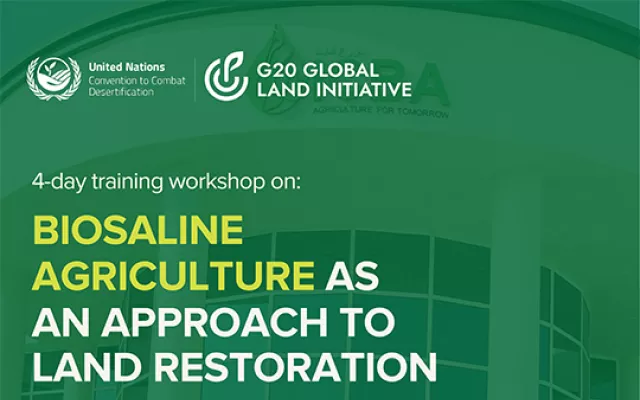Benefits and Risks of Using Treated Municipal Wastewater for Agricultural Production
Food and water security is a growing global challenge especially for marginal environments such as the Middle East and North Africa (MENA) region which receives a mere 1.3% of the world’s renewable freshwater but has the highest population growth rate in the world. These factors, along with the projected effects of climate change, have put enormous pressure on agriculture to reduce its share of freshwater use and look for alternative sources to meet the requirements. Treated municipal wastewater is a useful option for farm production systems as it contains organic matter and nutrients which are essential for plant growth. However, its use needs careful handling to mitigate its detrimental effects on soils, crops and human health.
Evaluate the impact of using wastewater for irrigation on vegetables and agricultural production systems and examine the possible risks of pathogens and heavy metals on soils and crops.
Ministry of Environment and Water (MoEW), Dubai Municipality (DM)













